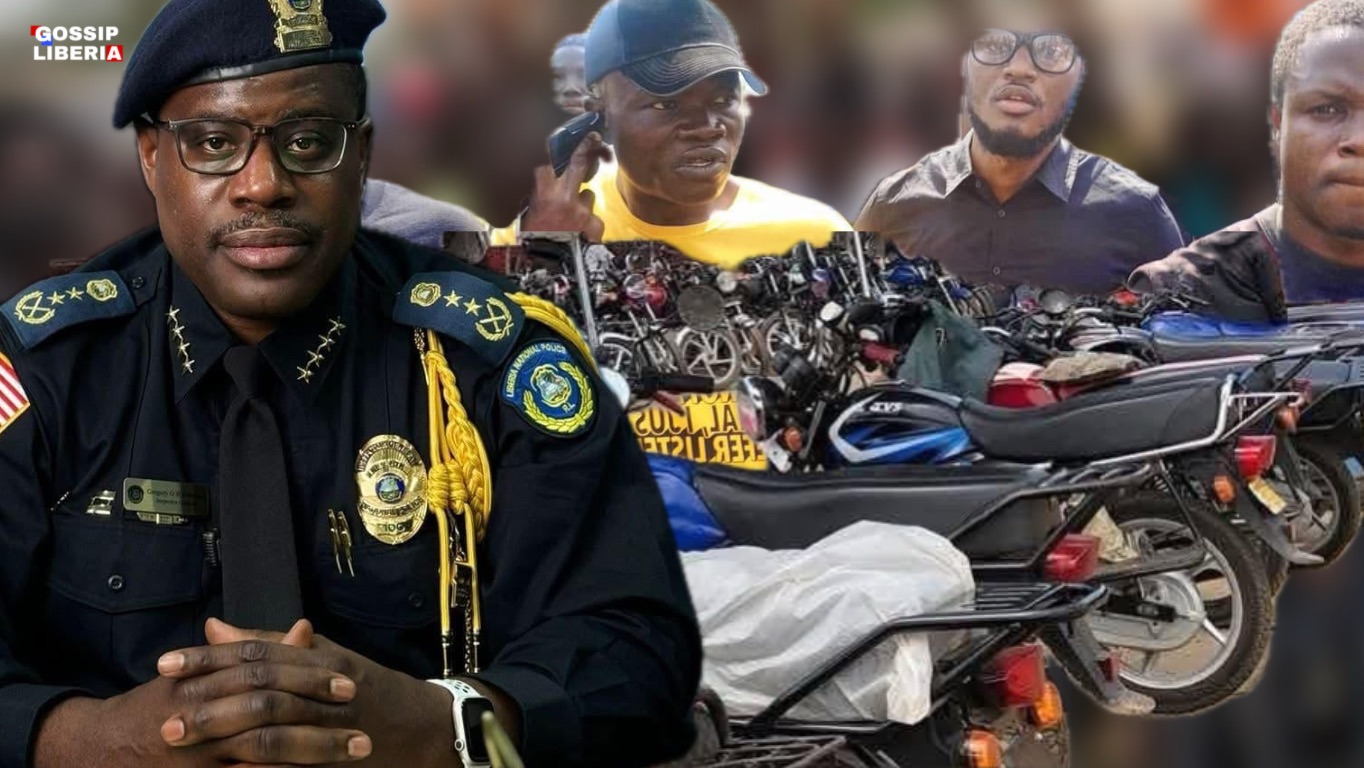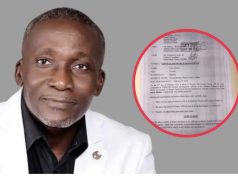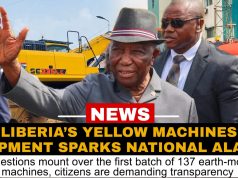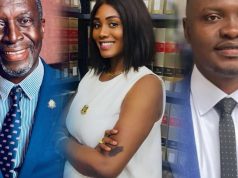Monrovia, Liberia – The ongoing crackdown on commercial motorcyclists in Monrovia has escalated, with Inspector General of the Liberia National Police (LNP), Gregory O.W. Coleman, making bold statements that suggest a permanent ban on motorcycles operating in the capital. Speaking before a gathering of motorcyclists at the Supreme Court on March 17, 2025, the police chief issued a stern warning, insisting that motorcycles will not be allowed on the streets of Monrovia and Paynesville.
“My pekin them, your need to stop what your doing. This ban is for your own good. The number one killer of Liberian citizens is not poverty or sickness, but motorcyclists,” Coleman declared.
His remarks have sent shockwaves through the motorcycle transport sector, where thousands of riders—many of whom have complied with registration and traffic laws—are now facing severe restrictions, particularly along Tubman Boulevard and other major routes leading into the city.
The Supreme Motorcycle Transport Union of Liberia (SUMTUL) has responded to the police chief’s statements with outrage, calling on human rights organizations and the international community to intervene. In a press release, SUMTUL accused Coleman and his Deputy Inspector General of Operations, Cllr. J. Nelson Freeman, of using threats and intimidation against motorcyclists.
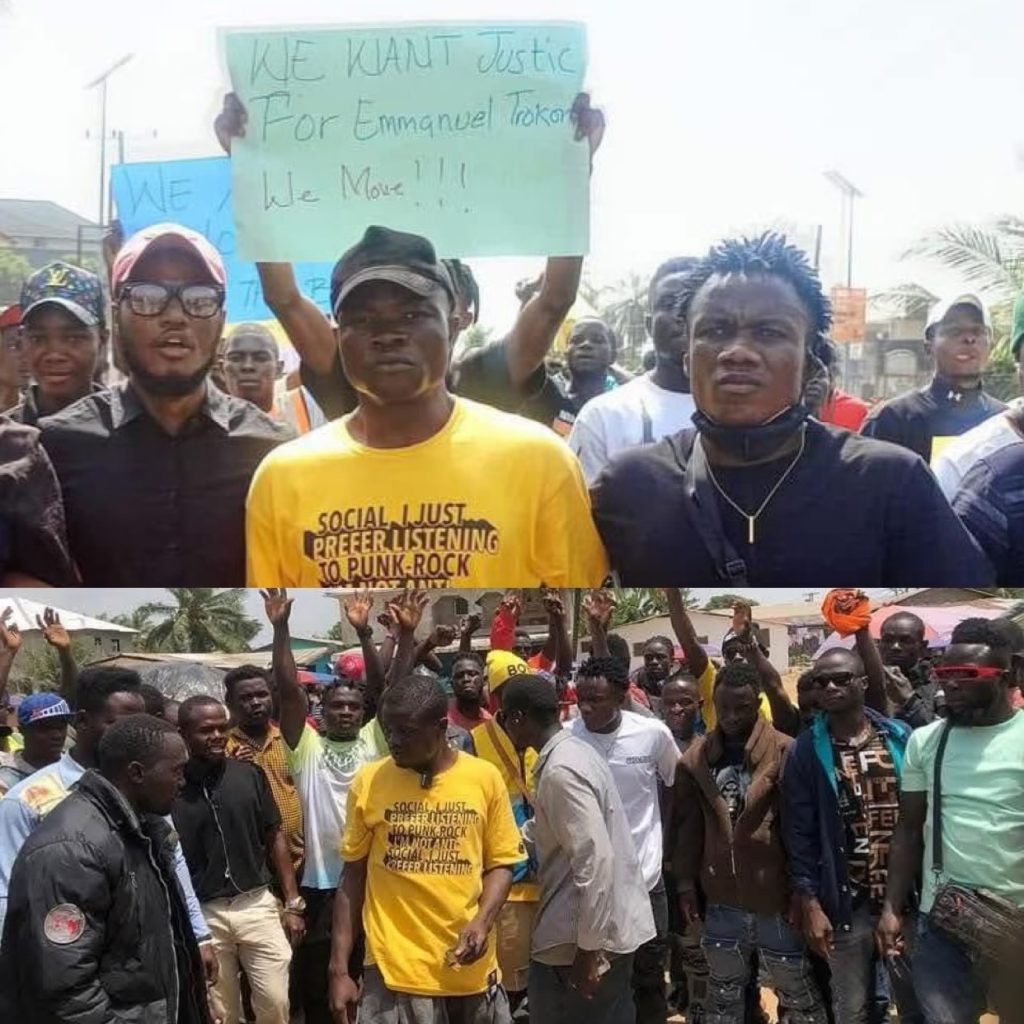
According to the union, Coleman made it clear that “the entire legislature is in support” of the restrictions and referenced Montserrado County Senator Darius Dillon’s recent remarks on state radio (ELBC) as proof that there would be no reversal of the ban.
“If you listened to Senator Darius Dillon’s statement on the motorcycle restriction issues, you would never think about even hurting your head. Beside Senator Dillon supporting the bike restriction, I can tell you clearly that the entire legislature is in support of this ban,” Coleman reportedly said.
Adding to the tension, Deputy Inspector General Freeman allegedly made chilling remarks, warning motorcyclists to prepare for more aggressive enforcement.
“My name is already spoiled, so I don’t care. You bike riders should get ready to start burying your mates, because this is just the beginning,” Freeman was quoted as saying.
The threats have left many commercial riders fearful for their safety, with reports indicating that over 250 motorcyclists no longer feel secure in their daily activities. SUMTUL has urged its members to exercise caution and avoid confrontations with law enforcement officers, especially those not properly identified.
Beyond the fear of police action, riders are also grappling with financial hardship. For many, motorcycle transport is their primary source of income, and the restrictions have made it nearly impossible to sustain themselves and their families.
SUMTUL and other advocacy groups are now appealing to human rights organizations and the international community to intervene, citing potential human rights violations. The situation is drawing increasing concern, with many questioning whether the government’s approach to traffic safety is turning into a broader assault on the livelihoods of low-income Liberians.
As tensions rise, all eyes are on the Liberian government and the police force to see if they will reconsider their stance or push forward with what many now see as a ruthless crackdown.

